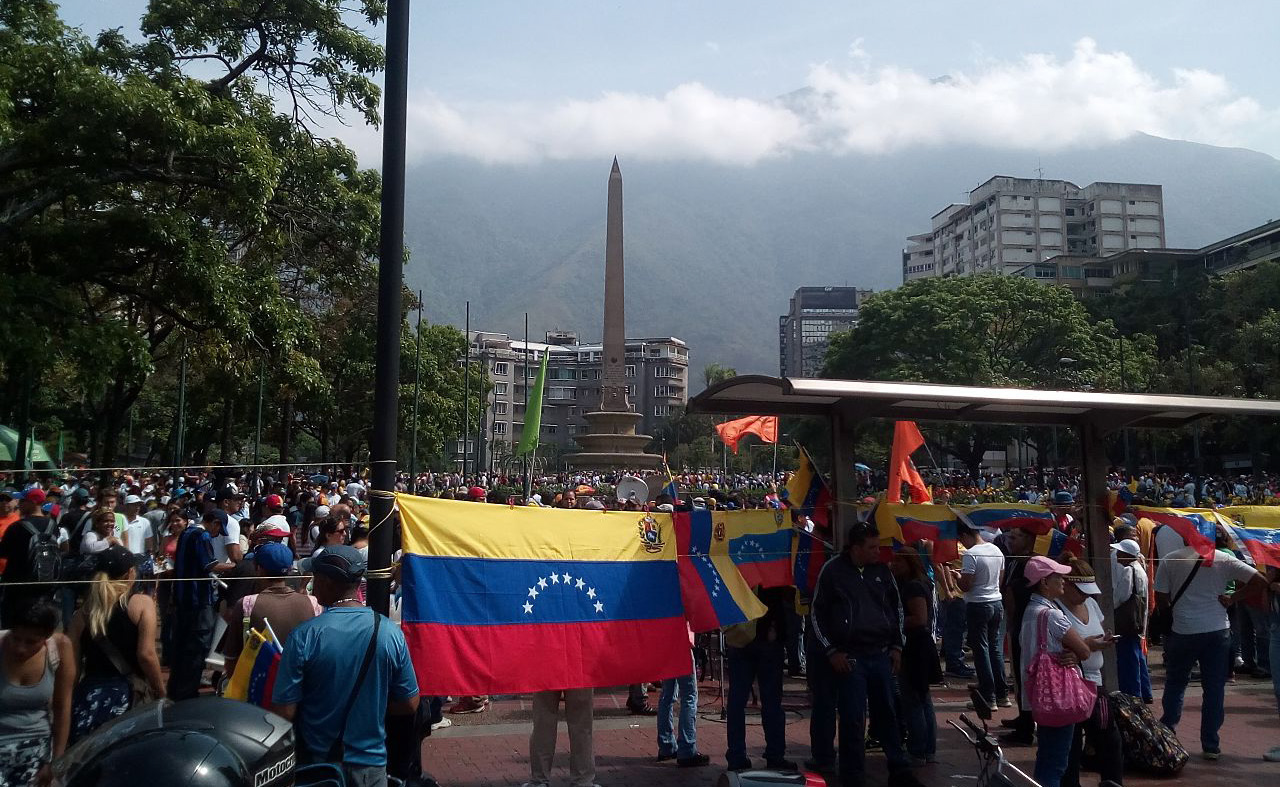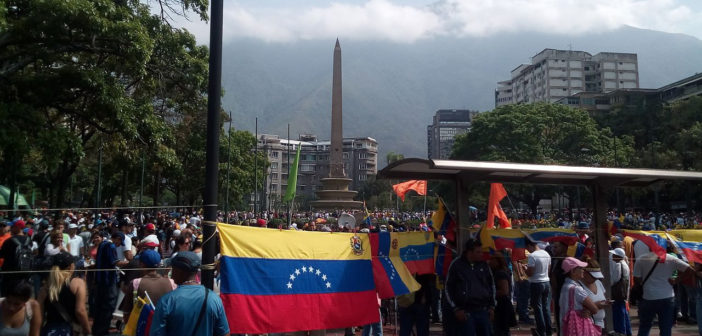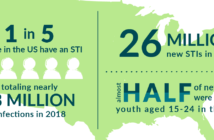
Credit:@WikimediaCommons
According to an ongoing analysis by the BBC titled “Venezuelan Crisis: What is behind the turmoil?”, much of this crisis began in 1998 with the election of Hugo Chavez, a member and proponent of the “Bolivarian Revolution;” a left-wing populism social movement aimed at the implementation of popular democracy (a form of direct democracy), economic independence, revenue equality, and an end to political corruption once and for all. Upon winning the election, Chavez began implementing revolutionary reforms in Venezuela, even going so far as to write a completely new constitution for the nation.
Chavez made it his mission to help the poor, and by exporting vast quantities of oil from Venezuela’s rich oil fields, he was able to implement radical social programs that elevated even the lowest people of Venezuelan society. Venezuelan society soared to great heights during the Chavez era due to high oil prices, but the nation’s dependence on oil and using those exports as a basis for the nation’s progressive social programs is ultimately not smart once oil prices drop.
Although this sounds great, the opposition to these radical reforms, who were largely the more conservative elements of the Venezuelan government, launched an unsuccessful coup d’état in early 2002 and sparked a massive national strike from late 2002 to 2003. These setbacks to Chavez’s government saw that the conservative “old guard” of Venezuelan society was not at all accepting of this Bolivarian Revolution and would do anything to see Chavez and his socialist party ousted. These clashes between conservatives and Bolivarian radicals would later plant the seeds for future conflict. In early 2013, Chavez passed away after losing his fight to cancer, and thus the subsequent 2013 presidential election became the first election since 1998 that Chavez’s name did not appear on the ballot.
Despite Chavez’s reforms, much of the country was plunged further into poverty by the late 2000’s and into the early 2010’s, putting Chavez’s party in a less favorable light to Venezuelan voters. Despite this, the party of Chavez, called the United Socialist Party of Venezuela (or USPV), barely won the elections of 2013 with a vote total of 50.61%, resulting in the opposition parties demanding a recount. According to journalists present in Venezuela during the heated political climate, The Guardian reported that the Democratic Unity Roundtable Party even accused the USPV of fraud and that they were in direct violation of the constitution. Sometime later, the Supreme Court of Venezuela ruled that the election was valid and that the new president Nicolas Maduro was the republic’s new leader.





